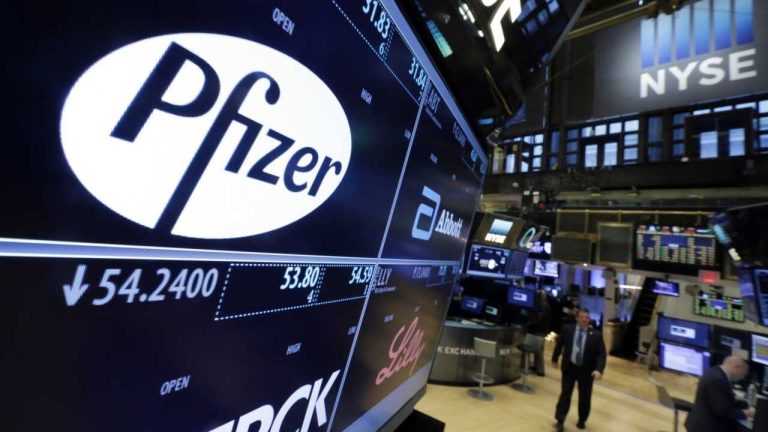In the past, recalls of blood pressure medication have been a hot debate. In a piece of recent news, Pfizer Inc. has issued a voluntary recall of several lots of blood pressure medication due to elevated levels of a potentially cancer-causing impurity. The pharmaceutical giant said it will be recalling six tainted lots of its Accuretic hypertension medication as well as five lots of generic versions of the drug: quinapril and hydrochlorothiazide, according to an update posted on its website Monday. The lots were found to have the chemical nitrosamine above the acceptable daily intake level.
Recalls of Blood Pressure Medication
According to the FDA: “Nitrosamines are common in water and foods, including cured and grilled meats, dairy products and vegetables. Everyone is exposed to some level of nitrosamines. These impurities may increase the risk of cancer if people are exposed to them above acceptable levels over long periods of time.”
The medication in question treats high blood pressure, which if left untreated can lead to serious medical emergencies like strokes and heart attacks. Pfizer said it hasn’t received any reports of issues from the recalled drugs. It said there is no “immediate risk” for patients who are taking the medication. The company further added, “Patients currently taking the products should consult with their doctor about alternative treatment options.”
Distribution of Lots
The affected lots were distributed between November 2019 and March 2022, Pfizer said. The national drug number (NDC), lot number, expiration date, configuration details, and photos for these products can be found by clicking this link.
Patients who are taking this product should consult with their healthcare provider or pharmacy to determine if they have the affected product and whether they should temporarily switch treatment plans, Pfizer said. Patients with the affected product can also call 888-843-0247 (Mon.-Fri. 8:00 am – 5:00 pm ET) for instructions on how to return their product and obtain reimbursement for their cost.
Read more about Apple’s Latest Health:






